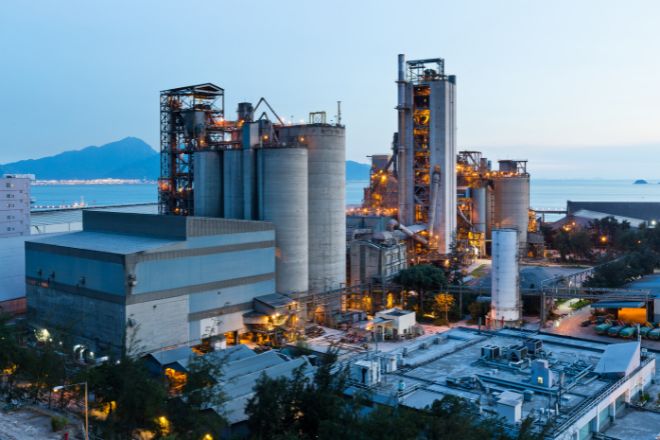In 2022, the world experienced a major fuel crisis that had a significant impact on the global economy and daily life of millions of people. The crisis was caused by a combination of factors, including supply chain disruptions, political instability, and an increase in global demand for fuel.

Supply Chain Disruptions: One of the main causes of the fuel crisis was the disruption of the global supply chain. This was due to a variety of factors, including natural disasters, political instability, and trade tensions between countries. For example, the ongoing conflict in the Middle East disrupted oil production in the region, leading to a decrease in the global supply of oil. Additionally, the pandemic-related shutdowns and restrictions on travel caused a drop in demand for fuel, leading to a surplus of fuel and decreased production levels.
Supply Chain Disruptions: One of the main causes of the fuel crisis was the disruption of the global supply chain. This was due to a variety of factors, including natural disasters, political instability, and trade tensions between countries. For example, the ongoing conflict in the Middle East disrupted oil production in the region, leading to a decrease in the global supply of oil. Additionally, the pandemic-related shutdowns and restrictions on travel caused a drop in demand for fuel, leading to a surplus of fuel and decreased production levels.
Political Instability: Another key factor contributing to the fuel crisis was political instability in several countries. This instability led to the interruption of fuel supplies, as well as the disruption of transportation networks and the security of fuel storage facilities. For example, in some countries, political turmoil led to protests, which in turn led to the closure of fuel terminals and pipelines.
Increased Global Demand for Fuel: The growing demand for fuel was another factor contributing to the fuel crisis. The demand for fuel was driven by the increasing global population and the growth of the global economy. The increasing use of personal vehicles and the increasing number of factories and businesses also contributed to the growing demand for fuel.
Impacts of the Fuel Crisis: The fuel crisis had a significant impact on the global economy, as well as on the daily life of millions of people. The shortage of fuel led to increased prices, which affected the cost of transportation and the prices of goods and services. The crisis also disrupted the delivery of essential goods, such as food and medical supplies, causing widespread shortages.
The fuel crisis also had a major impact on the transportation industry, with many airlines and shipping companies reducing the number of flights and cargo shipments due to the shortage of fuel. This reduction in transportation activity led to further disruptions to the global supply chain and decreased economic activity.
Conclusion: The fuel crisis of 2022 was a major global event that had far-reaching impacts on the global economy and daily life. The crisis was caused by a combination of factors, including supply chain disruptions, political instability, and an increase in global demand for fuel. The crisis highlights the need for a more sustainable and resilient global fuel supply chain, and the importance of investing in alternative energy sources to reduce our dependence on fossil fuels.
 Software
Software
 Software
Software
 Software
Software
 Software
Software
 Software
Software
 Software
Software
 Software
Software
 Software
Software
 Software
Software
 Software
Software
 Software
Software
 Software
Software
 Performance
Performance
 Performance
Performance
 Performance
Performance
 Performance
Performance
 Performance
Performance
 Performance
Performance
 Mobile App
Mobile App
 Software
Software
 Software
Software
 Software
Software
 Software
Software
 Software
Software
 Software
Software
 Software
Software
 Software
Software
 Software
Software
 Sales
Sales
 Software
Software
 Technology
Technology
 Feedback
Feedback
 Marketing
Marketing
 Revolution
Revolution
 Software
Software
 Tips
Tips
 Case Studies
Case Studies
 Trends
Trends
 Application
Application
 Application
Application
 Application
Application
 Operations
Operations
 Operations
Operations
 Sales
Sales
 Sales
Sales
 Application
Application

